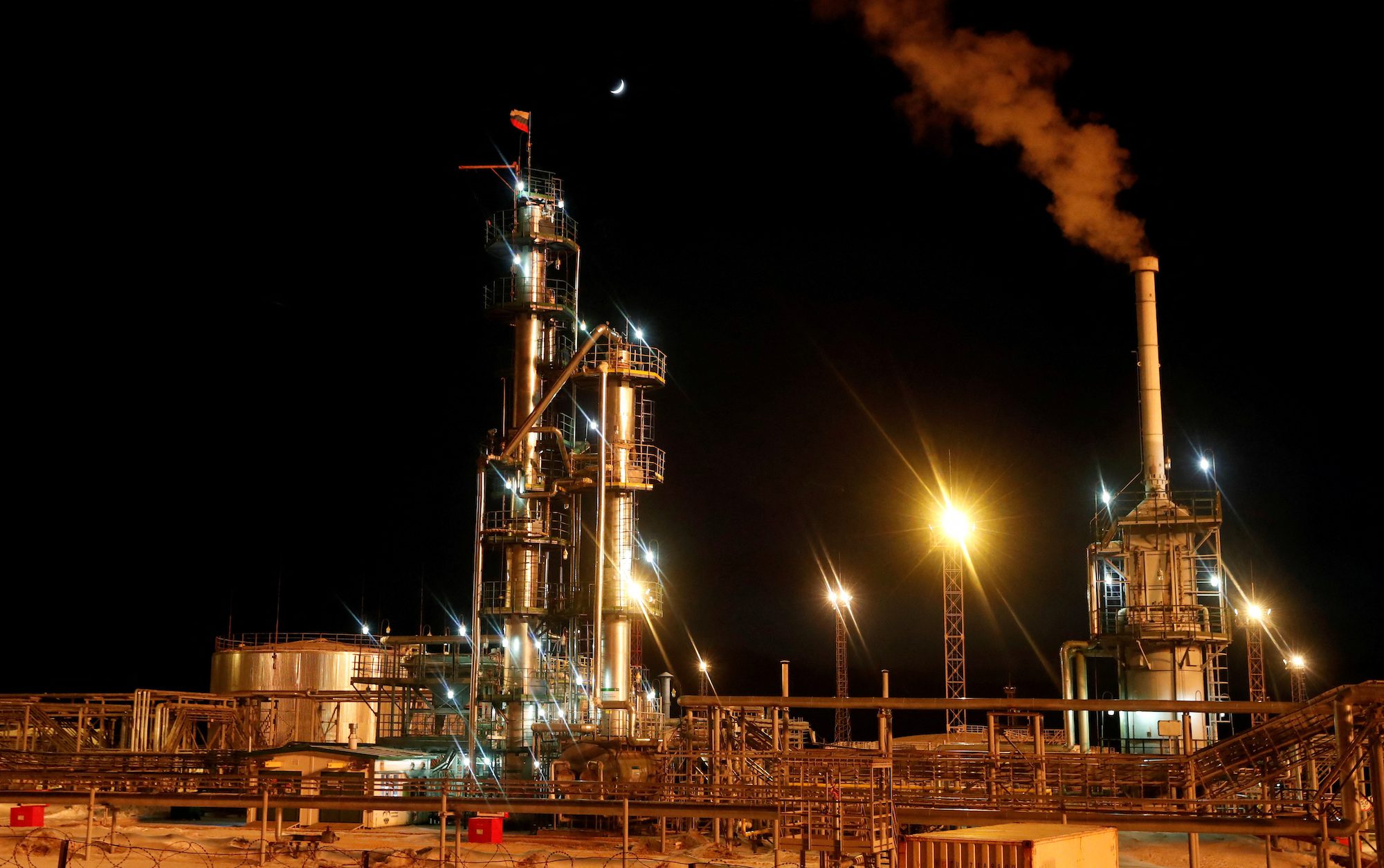 “The rates don’t reflect the true supply and demand situation,” commented Intermarine’s Operating Chairman Andre Grikitis in a recent phone call.
“The rates don’t reflect the true supply and demand situation,” commented Intermarine’s Operating Chairman Andre Grikitis in a recent phone call.
His company operates 55 and owns four ships that transport project cargoes and break bulk items to and from nearly every port of the planet.
His sector of the shipping industry is highly fragmented however. As a result of Germany’s KG financing scheme in the 1990s, Grikitis notes a significant number of shipping industry companies, many of which did not have much experience, were provided an investment vehicle to build vast fleets. The companies did not maintain a solid balance sheet, or a solid long term charter, or the direct operational experience needed to support the vessels.
Beluga Shipping was perhaps the most high profile company to collapse as a result of this scheme in 2011. As a result of this, Grikitis points out that there are now a great deal of owners and operators within the sector that are battling an overcapacity situation in a sector that requires a great deal of overhead and skill to operate within.
Moving project cargoes is not like oil which gets pumped on board to a tank. These cargoes come in every shape and size possible and are transported to and from some of the most remote places in the world. The cargoes that Intermarine’s fleet transport need to be carefully measured, rigged up, lifted aboard and safely stowed for the subsequent voyage. This takes skill, and in an industry that has had extremely low margins, developing, attracting and retaining talent is difficult.
In some cases, notes Grikitis, the margins are negative as many of the ships are effectively controlled by banks which would rather accept a below margin rate than no rate at all. As a result, much of the world’s fleet of project cargo vessels is kept up to the bare minimum standards of operation and are unable to service existing debt. “The existing fleet is deteriorating due to lack of capital resources, and there is a lack of capital to invest in newbuilding projects in our sector,” adds Grikitis.
Additionally, “keeping the ‘owners’ in place has forestalled the need to take a write-down and we’ve been waiting for the vessels to be restructured; but little action has taken place, thus no market correction. The market has been functioning at a sub-par level for too long; and ultimately the cargo customers will lose out as the impact of all of these factors outweigh the thrill of getting low rates.
“We cannot attract investment in existing vessels in this sector as values for the ships are not easy to benchmark, and the list of end users has dwindled. This is quite the opposite from other sectors such as dry bulk and tankers, where funds have been flowing at a generous clip.
Consolidation of a certain kind is necessary, but when you look at those who are failing on their own and then try to combine them to allow a good outcome, it’s a tough thing to envision, even tougher to execute.”
Do you see clients showing a preference then to specific operators?
For many of our clients, you have to conform to a set of standards in order to perform for them; however depending on the risk assessment, they may forego some of their standards to get a lower freight rate.
There’s always a local or regional factor involved as well. All that aside, there are major customers that demand certainty and rigorous adherence to cargo care. For them, the potential of schedule interruptions are too great to risk second rate choices.
Could new technology help to advance the state-of-the-art and thus provide a way to gain traction?
If you can improve loading and make a ship more fuel efficient, while at the same time keep your costs below your current operating rates, the conclusion is obvious. There is opportunity there.
The defining issue is the actual ability to use equipment and reach those efficiency numbers. That’s a training and recruitment issue, which depends on experience and demands company-wide discipline and dedication. It is about the people who use the equipment that makes the big difference. Obviously having the most efficient, compliant vessels puts you that much further ahead of competitors.
As an asset-light company, we are the long-term charterer of these ships and can influence the design and support the employment, thereby allowing and investor/Owner to have a basis for an investment.
Support from the U.S. Ex-Im Bank has increased significantly over the past year. What does that really mean for break bulk shippers?
The Ex-Im Bank has been a tremendous supporter of customers of U.S. industries and we have increased our fleet in direct relation to Ex-Im’s lending on projects over the past decade. It’s been a very successful program and has resulted in more U.S. jobs, helped support investment in US Maritime assets, returned dollars to the Treasury and spurred a more favorable balance of trade.
As a result of sequestration and the lack of EXIM’S customers’ ability to judge what the subsequent repercussions would be, we took two of our six vessels out of U.S. flag, however that may be a temporary change.
We need to export and we need jobs.

 Join The Club
Join The Club











